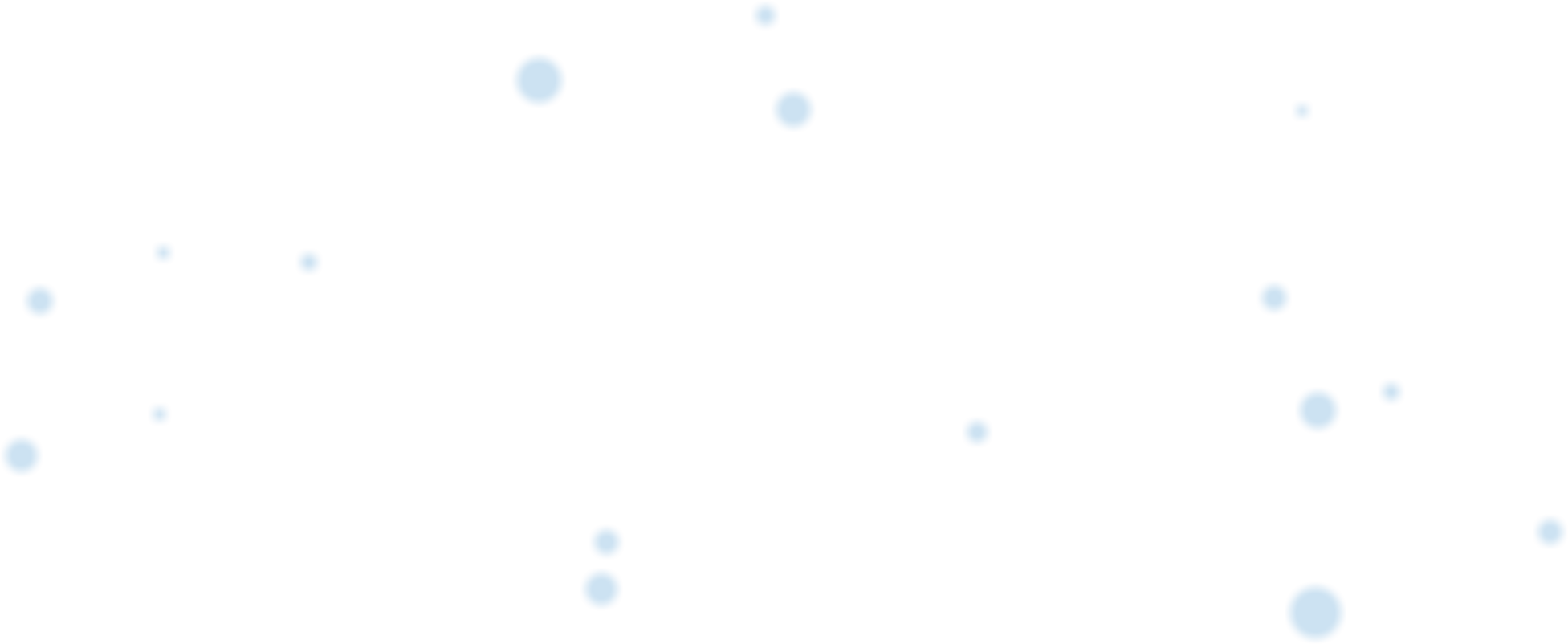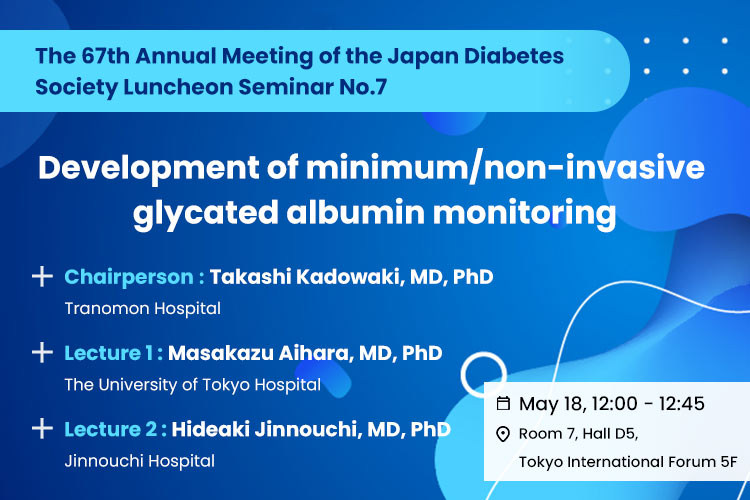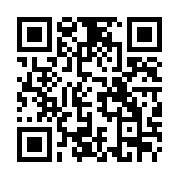
News
Latest information






Seminar title
Development of minimum/non-invasive glycated albumin monitoring
Schedule
May 18, Saturday, 12:00-12:45
Room 7, Hall D5, Tokyo International Forum 5F
Seminar Outline
Chairperson: Takashi Kadowaki, MD, PhD
Toranomon Hospital
Lecture 1: “Development of minimally invasive and non-invasive diabetes management methods using periodic glycoalbumin level measurement”
Masakazu Aihara, MD, PhD
The University of Tokyo Hospital
Lecture 2: “Study on the usefulness of a glycatedalbumin (GA) self-monitoring system using a smartphone application for patients with type 2 diabetes mellitus”
Dr. Hideaki Jinnouchi
Jinnouchi Hospital
Sponsored by The 67th Annual Scientific Meeting of the Japan Diabetes Society / Provigate Corporation
For details, please refer to the official website of the 67th Annual Scientific Meeting of the Japan Diabetes Society.
https://site2.convention.co.jp/67jds/index_en.html

People may think of glucose monitoring as simple as this: "Diabetes is a disease of blood sugar. This is why people with diabetes use glucometer."
However, it's not that simple. Blood sugar measurement has diverse objectives, including diagnosing diabetes, dosing self-injection of insulin, avoiding hypoglycemia due to excessive drug efficacy, and behavior change.
You must choose the appropriate blood sugar measurement method for your purpose.
There are two types of self-blood glucose measurement methods: SMBG (Self-Monitoring of Blood Glucose), which is widely used, and CGM (Continuous Glucose Monitoring), which has become popular in recent years.
These two blood glucose measurement methods are designed mainly for patients who self-inject insulin and other injectable drugs.
Until now, there has been no simple and daily method for measuring blood glucose at home other than these two methods.
Some drugs, such as insulin, are very potent and can cause dangerous hypoglycemia if the dosage is incorrect.
Therefore, for example, those who use insulin must measure their blood glucose accurately before self-injection at home and carefully determine the dose.
After injection, if there are signs of hypoglycemia, it is necessary to measure blood glucose immediately. If necessary, you need to take some sugar to avoid hypoglycemia.
However, both methods have an issue with invasiveness. In addition, they cost a lot. CGM costs at least $60 and needs to be replaced every two weeks, which is also a significant economic burden. SMBG requires frequent measurements, so the total cost becomes significant when accumulated.
Unfortunately, SMBG and CGM are not suitable for everyone due to invasiveness and cost.
At Provigate, we are looking for individuals who genuinely care about each user, are passionate about supporting health, and want to work together to create a new future for healthcare and medicine.
If you’re someone who wants to leverage your experience as a healthcare professional, enjoys the fusion of technology and medicine, and is eager to take on new challenges, we’d love for you to join us!
Copyright© Provigate, Inc. All Rights Reserved.